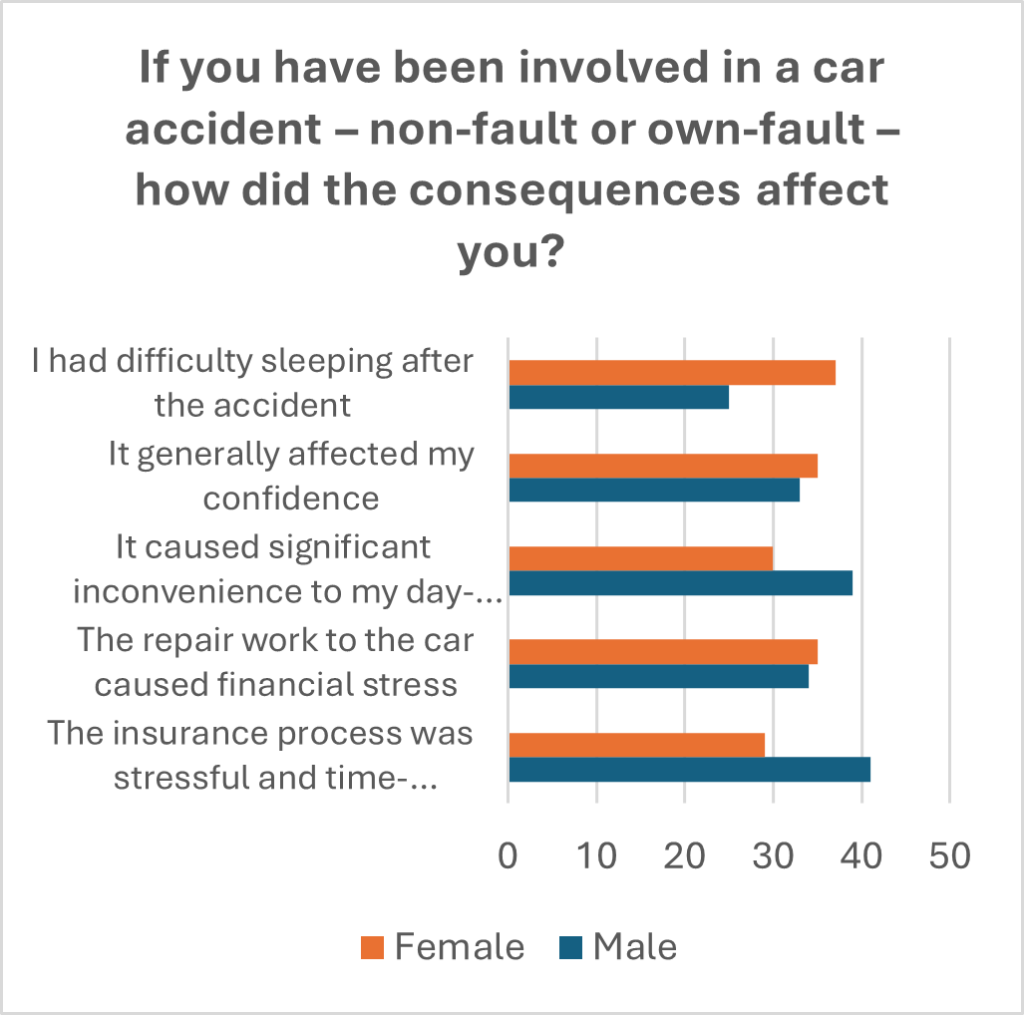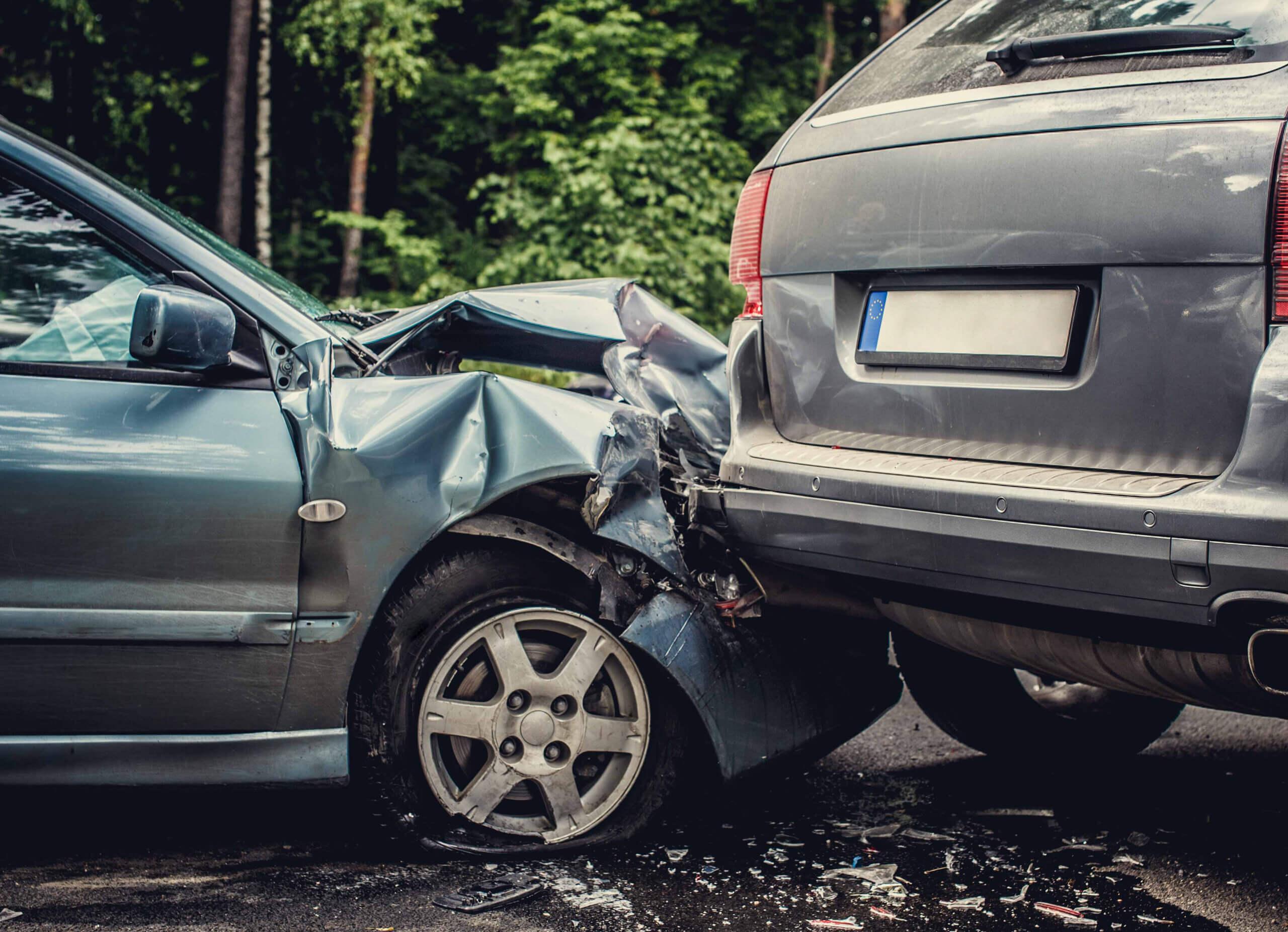Businesses that adopt a ‘Safe System’ could help employees avoid the inconvenience, stress and lasting emotional impact of crashes – particularly for young adults.
This week road safety charity BRAKE’s annual campaign has been focusing on ‘After the Crash’, exploring the impact of a road collision on those involved. With fleet and business vehicles dominating the UK’s roads, the size of the problem is significant; 63% of respondents surveyed by TTC Group, the training and compliance expert, said they or a loved one has been involved in a collision, whether own fault or third-party, that had a significant impact on their well-being.
One in three confirmed a long-term effect was a blow to their confidence overall, not just when they were driving. Close behind a confidence crisis, 31% of motorists said they had difficulty sleeping after a collision. Women are more mentally impacted with 37% reporting they had difficulty sleeping compared to men (25%).
Whilst the practicalities of managing the after-effects of an accident have a shorter-term impact, they are of equal concern. 36% of those surveyed said the most significant consequence of the accident was the time-consuming and stressful administrative requirements. 35% cited the financial pressure and another 35% highlighted the inconvenience to their day-to-day lives.
The results also highlighted that road traffic accidents can have a greater mental and emotional impact on younger drivers, whereas the older generations are more affected by challenging administration processes, such as insurance. 14% of those aged 65 or over had difficulty sleeping after an accident, compared to 52% of 18–24-year-olds.
Comments Andy Wheeler, Training Product Manager at TTC said, “Even the smallest of road traffic incidents can have significant mental, physical and financial consequences on people of all ages. Employers have a duty of care to proactively physically protect employees when they drive for work, as well as overcome the lasting stress and impact on wellbeing after a collision. Our survey results highlight that an employee’s ability to work after a crash, including driving, could be affected.
“While training and greater awareness is one solution, we’ve found that employers can do much more to reduce the risk of their drivers being involved in future collisions by adopting the ‘Safe System’ approach. This involves greater focus on analysis of collision data and where possible, telematic data. Collision analysis is just one element of the ‘Safe System’ approach and in this context, having clear policies, guidance and procedures in place for dealing with collisions and trauma, employers can supply the correct level of support to drivers post collision as well as learning from the incident to make informed decisions around changes in working practices, vehicle selection and future training requirements for other drivers.
“Driving a safety first culture provides a long-term sustainable future towards improving employees safety out on the road while reducing collisions and running costs.”



